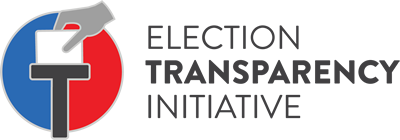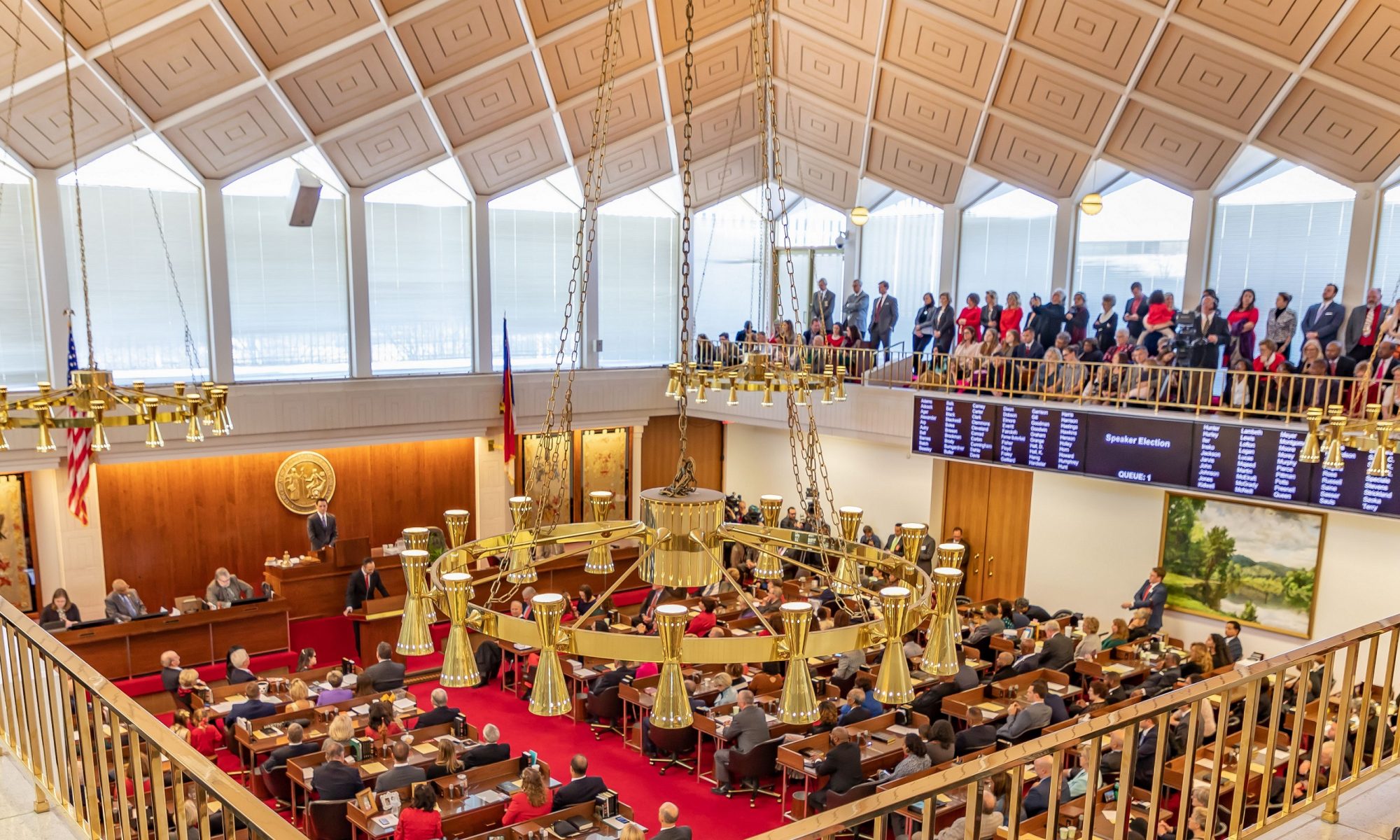FOR IMMEDIATE RELEASE: August 15, 2023
House bill continues to lack critical elements, including fundamental poll observer protections & voter list maintenance, while making modest improvements over Senate version
Washington, D.C. – The North Carolina House of Representatives today released a proposed bill to reform the state’s elections after a fumbled attempt by the Senate.
First introduced on June 1, Senate Bill 747 contained a number of provisions supporting more fair, transparent, and accountable North Carolina elections, most of which were stripped in Senate committee before the bill was reported on June 22nd to the House.
Importantly, the proposed committee substitute unveiled by the House makes modest improvements over the Senate-passed bill, but continues to lack several key ballot and voter integrity elements including legitimate protections for poll observers (in accordance with state law) and fundamental voter list maintenance. The bill also seeks to eliminate a state political party’s authority to open or close its primaries to unaffiliated voters, thus permanently opening partisan primaries to unaffiliated voters.
Presently, North Carolina’s voter lists are in disarray, with as many as 14 percent of registrants (one million) having been identified as duplicates or ineligible (1 out of 7 voters). Astonishingly, there is no statutory requirement to remove duplicate voter registrations from the state voter lists until such voters contact the Board to request they be removed. The committee substitute unfortunately fails to address this gaping shortcoming, leaving the voter rolls themselves available for fraudulent abuse.
Mail-in voting is exploited by unaccountable dark money organizations, which print hundreds of thousands of ballot request forms with bar codes for the purpose of illegally identifying and tracking those who are voting by mail—skirting state law which precludes early disclosure of those voting by mail. The House substitute would make this a misdemeanor crime.
Additionally, according to the State Wide Election Integrity Reporting System (SEIRS) poll observers are being denied the freedom to observe, inspect, and report, nor is there parity in partisan representation for election observers during early voting, as required by law. Furthermore, the House substitute does not require that all voters using same-day registration and voting be issued a provisional ballot to allow necessary time for ballot retrieval and address verification. Currently, thousands of voters are permitted to show up to register and vote a regular ballot on the same day during early voting, which is immediately scanned and counted without address verification. Neither of these violations of basic fairness and security are addressed in the House committee substitute.
Importantly, there is also no capability to effectively audit election results under current law, with only about half of North Carolina voters believing elections are fair and accurately tallied.
According to a recent survey by Rasmussen Reports, more than half of U.S. voters doubt the next presidential election will be conducted fairly.
National Chairman of the Election Transparency Initiative and former Virginia Attorney General Ken Cuccinelli issued the following statement:
“Republicans hold veto-proof majorities in both the House and Senate and voters recently installed a new State Supreme Court free from the most radical elements who long-obstructed election integrity. But instead of passing a real election integrity bill that earns the trust and confidence of voters, they’re toiling with ‘happy-to-be-glad’ measures that fail to confront many of the biggest threats to secure, transparent, and accountable elections. Make no mistake, the House’s inexcusable proposal to require open primaries, presumably to protect moderate incumbents from conservative challengers, would have a devastating effect on the epidemic of disenfranchised voters who doubt that our elections are conducted with fairness and honesty.
“The reality is that in their current form, S.B. 747 and the House substitute continue to omit vitally important loophole closures that will result a continuing failure of voter confidence to occur in North Carolina. Without delay, we urge the House to further address the deficiencies in the elections bill before it passes out of the House and to give election integrity the durability and permanence voters deserve, most critically, by amending the provisions of House Bill 770 (access to voted ballots) and House Bill 772 (poll observer access and protections) into its proposed substitute.”
House Substitute Improvements to Senate Bill 747:
- Prohibition of private, non-governmental funding (including in-kind donations) of election activities.
- Retention of election records for 22 months to comply with the NVRA.
- Provides some clarifications to authority and restrictions for poll observers.
- Same-day registrant addresses are checked and returned mailings will trigger retrieval of voted regular ballots.
- Extends absentee ballot challenge period to five days after election day.
- Allows for chief judges and judges at early voting sites (other than Board of Election sites), although lacking parity requirements for judges.
- Polls will close at 7:30PM on election day and all absentee/mail-in ballots must be received by that time.
- Makes it a misdemeanor crime for anyone other than a Board of Elections to affix a tracking code to absentee ballot request forms.
- Provides a new process for removing non-citizens from voter lists.
- Implements a pilot test for signature verification on mail-in ballot envelopes.
House Substitute Deficiencies to Senate Bill 747:
- Eliminates the state party’s authority to open or close its primaries to unaffiliated voters, permanently opening the partisan primaries to unaffiliated voters (Section 17).
- Still lacks clarification for some poll observer permitted activities in performing their duties as prescribed by law (NCGS 163-45).
- No requirement for local Boards of Elections to accept citizen affidavits or other evidence to investigate and correct known deficiencies on county voter lists.
- No partisan parity required among numbers of Chief Judges and Judges working at voting sites.
- Does not require that all voters using same day registration and voting be issued a provisional ballot to allow optimal time for address verification and to make it easier to retrieve the ballot.
- Does not provide a means for observers or citizens to inspect container return envelopes or to reasonably challenge voters who do not live in their counties (or the state) prior to canvass.
- Fails to specify that machine Cast Vote Records (CVRs) are publicly releasable immediately after election day as they are in 28 other states.
- Allows for “curing” of mail-in ballot envelopes for acceptance after poll closure on election day—no curing should occur after the polls close and votes are being tallied.
Must-Pass House Provisions:
- House Bill 770.Ensuring transparency and oversight in the election process by protecting the role of poll observers, which North Carolina election laws have historically included but were decimated in 2022 by the State Board of Elections. HB 770 would statutorily reinstate the status quo ante, restoring the transparency that the legislature has previously directed.
- House Bill 772.Making Cast Vote Records public records, as presently required by 28 other states, thus providing a tool for post-election audits, helping to ensure the accuracy of the vote count and restored faith in North Carolina’s elections.
The Election Transparency Initiative, a partnership between the American Principles Project (APP) and Susan B. Anthony (SBA) Pro-Life America was organized to combat federal H.R. 1 and H.R. 4 legislation and advocate for state-based election reforms that voters can trust.
###

